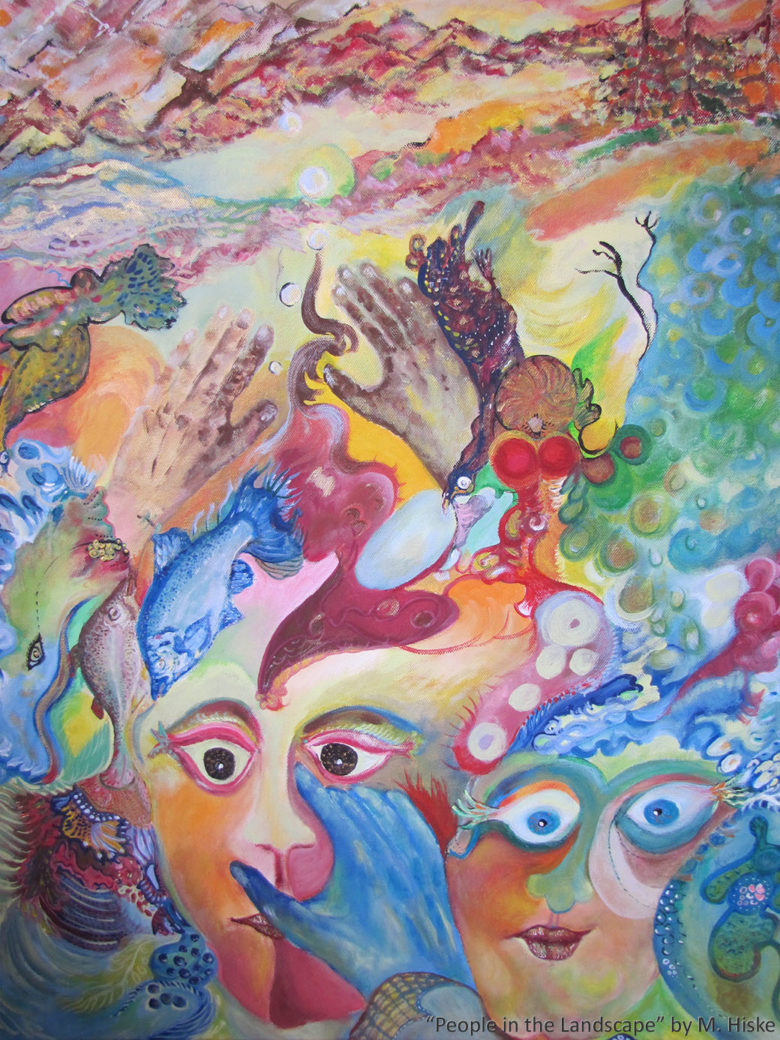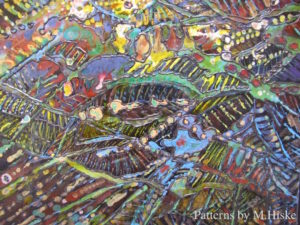Perhaps all of life is “not yet”
Not yet,
holds hope
it does not close
nor chide, nor criticize,
not yet
says: I am a child learning to walk,
I am a singer learning to sing
and every master began like I
shy, stumbling, sometimes rejoicing,
falling (there is no ‘failing’)
and getting up again
tuning in again
confronting and
opening always
to the ‘not yet’.
The title of the poem is a translation from the death announcement.
The painting was not yet done, but his breath was
Silence pervades the farm house
he had prepared himself
but nothing prepares you
While my daughter paints
I write,
While she opens her new home
I clean mine
arranging bed covers
doing dishes
and setting aside a lamp,
nesting tables
and for her new beginnings
her father’s yellow dishes.
As I said, I did not think I would have time to write today. Later in the evening, I was reading student pieces again from my Narrative Possibilities course and a student talked about the practice of teaching this type of writing. What are some of the important things to remember when you’re working with another’s stories? I was asked this in an interview recently as well.
1. Do not try to ‘fix’ (no one needs fixing and if anything like ‘fixing’ – healing/integration – is to happen, students will write themselves towards it)
2. Focus on the text and the words a student uses; these are significant. Comment wherever possible on the text.
3. Care. Teach with presence of heart.
Aren’t these also just instructions for living? They can be translated into rules about how to treat others.
1. Do not try to fix
2. Listen deeply
3. Care
And these can also be ways of being kind towards yourself:
Do not try to fix you. You need no fixing
Listen deeply to you. You can hear many things that others can’t.
Care about you. In the ordinary, daily ways. It is an act of loving.
Did you notice that these poems that respond to: the fear of learning, the reality of death, and the joy of new beginnings are all expressions of “Happy”? No exceptions.


